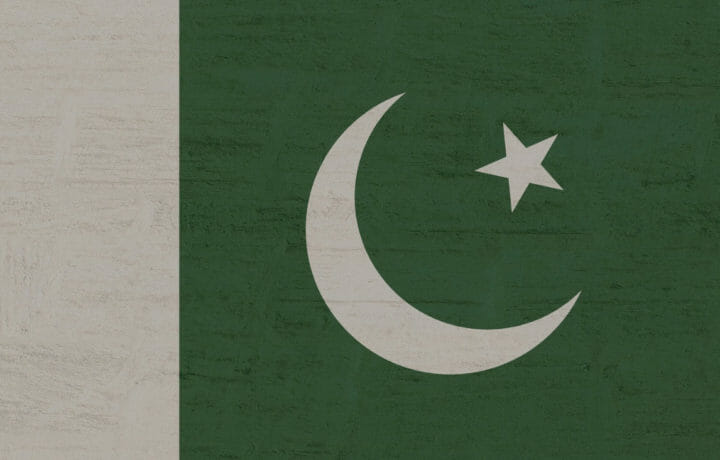As the Taliban violence increases across Afghanistan, and the Pakistani government makes it clearer each day that they do not care about severing ties with terrorists or the Taliban, many Afghans are asking one question of the United Nations—when do terrorism sanctions on Pakistan begin?
Push for Pakistan to Sever Ties with Taliban
Since the Kabul and Doha Agreements in February 2020, the world, and the U.S. and Afghanistan in particular, have been pressuring Pakistan to start to sever ties with their Taliban proxy force and other terrorists living in Pakistan. Just days before the Doha signing date, an ISI general at a public CENTCOM conference agreed that the Pakistani military’s proxy war against Afghanistan was not working and that Pakistan should be concentrating on its economy and not Afghanistan. He noted privately to two Americans that although he wanted to stop the proxy war, his Army could not control many of the retired and active officers that work with and within the Taliban.
What Taliban? I Don’t Know Any!
At first, requests for Pakistan to do more to stop the Taliban violence and force the Taliban to take peace talks seriously were met with the standard Pakistani sidesteps: “we don’t have much power over the Taliban” or “we don’t have anything to do with the Taliban,” or even the bold lie that “there are no Taliban in Pakistan, they all live in Afghanistan.” That is no longer the case, as the Doha process has ripped away that veil. Last week the Pakistani foreign minister could not bring himself to classify Osama Bin Laden as a terrorist, nor condemn Taliban terrorist behavior.
Meanwhile, a video surfaced on June 28 alleged to show Mullah Nabi a commander of the Taliban-allied Haqqani network, organizing fighters in Pakistan and handing them weapons before shipping them to kill Afghans in Khost, Paktia, Paktika and Logar provinces.
It’s Dangerous to Speak Truth
Just this week, Sheikh Rashid Ahmed, the Interior Minister of Pakistan admitted, among other things, that the Taliban have a presence in Pakistan, even including spaces on the outskirts of the capital city Islamabad. He also pleaded with the Taliban leadership to rein in the Pakistani Taliban group Tehreek-e-Taliban Pakistan (TTP) and other groups in exchange for the Pakistani refusal to house U.S. forces on Pakistani bases as they leave Afghanistan.
The Afghan National Security Advisor Dr. Mohib was quick to respond saying, “I commend Pakistan’s Interior Minister Sheikh Rashid for exposing Pakistani support to Taliban. We need more brave Pakistanis to speak out against the onslaught on Afghanistan.”
Last week, after Pakistani Senator Usman Khan Kakar condemned his nation for military support of Taliban violence in Afghanistan, he was found mysteriously dead shortly afterwards. His family claims he was murdered for his statements and his death is being investigated by a judicial commission.
Meanwhile, In Afghanistan…
In Afghanistan the Taliban are burning down shops, blowing up civilians in busses, and destroying electricity infrastructure needed to power hospitals treating COVID19 patients. These are war crimes and terrorist actions against innocent civilians.
The next logical step that most Afghans would like to see is a formal case presented to the United Nations that documents the Pakistan enabling of Taliban terrorism. The safehavens, hospital care, delivery of war materiel and explosives, the recruiting and training of fighters, and in many cases the inclusion of Pakistani military officers inside Taliban formations would all be evidence to consider. The Taliban connections with Al Qaeda have been well documented recently by the UN and others should also be part of the investigation.
Most agree that right now, the Taliban will continue to ignore peace talks and avoid ceasefires unless they are faced with pressure from Pakistan and Qatar. While Qatar can simply close down the Taliban outpost and provide them hotel room space only during active talks, Pakistan has much further to go. Pakistan likely won’t pressure the Taliban until Pakistan feels international pressure themselves. The cost of diplomatic inaction is more dead Afghan civilians every day, a possible civil war, and another 10 million refugees entering the overburdened system. It is easy to see why Afghans are asking about sanctions for Pakistan’s terrorism support.




